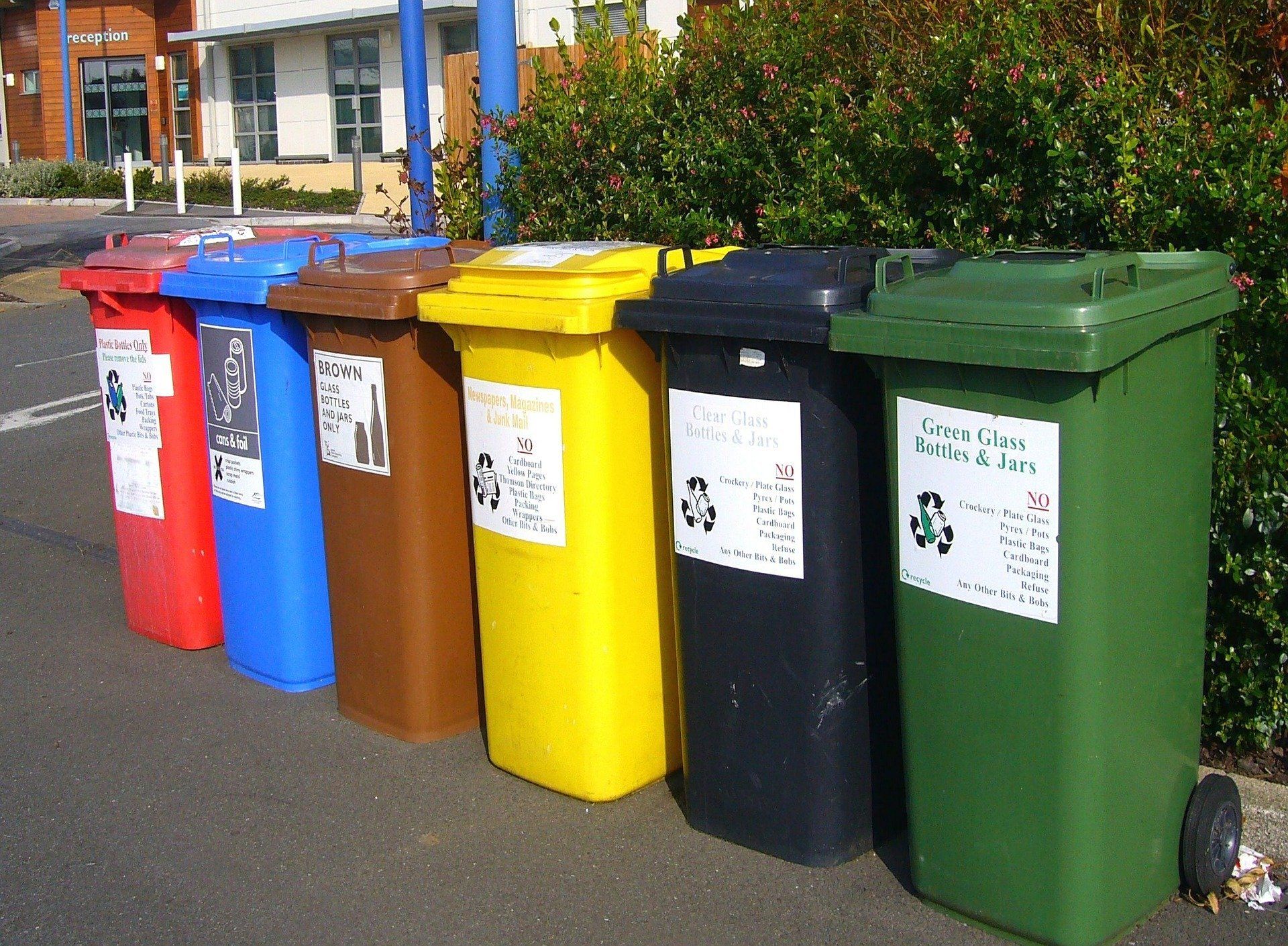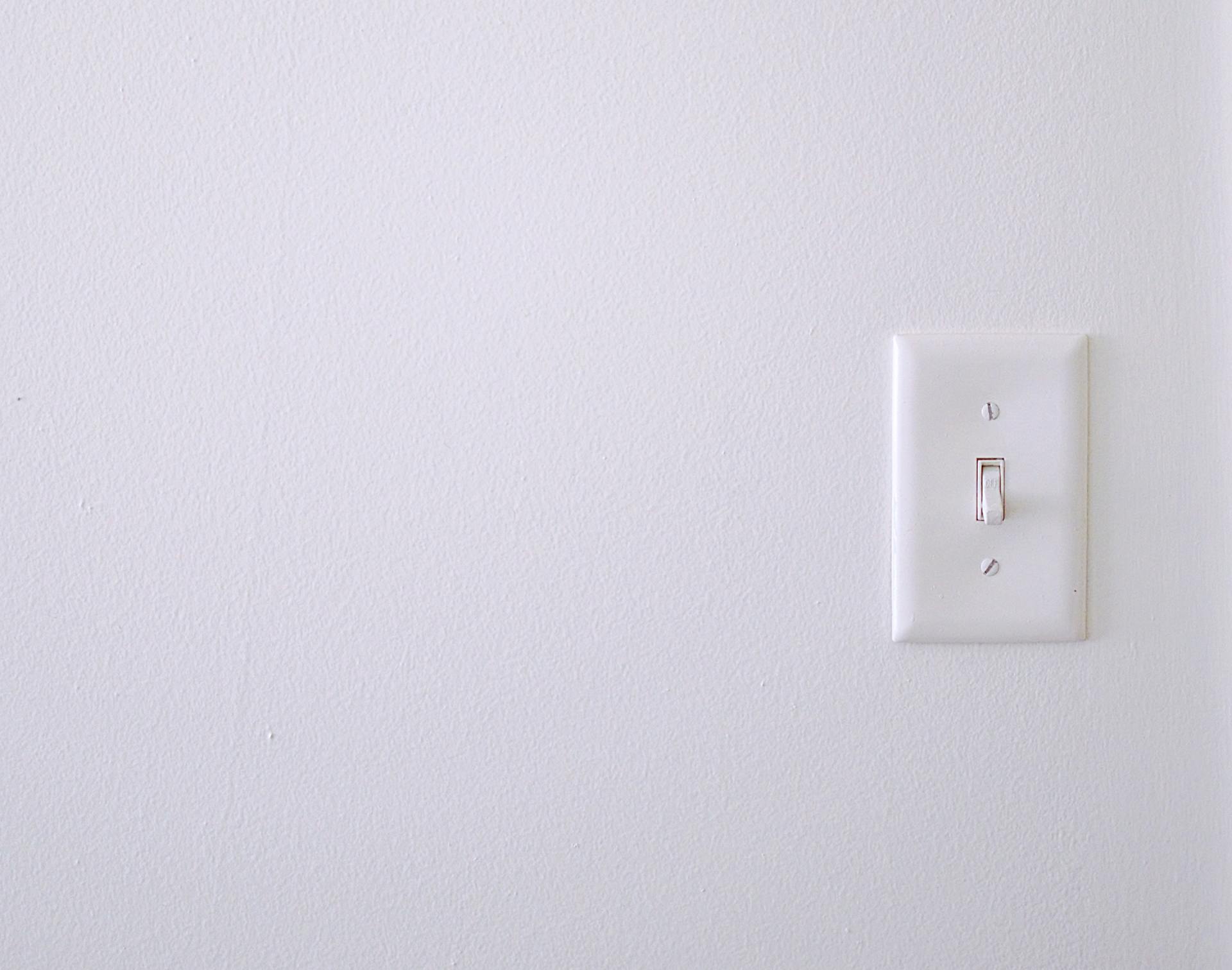Ethical Living - Part 2

For those of us who are able to see with eyes not beguiled by the mistaken beliefs and assumptions about what ‘positive’ growth and success are, we can see evidence that significant numbers of our species are adapting, are shifting to live according to new values and using qualitative measures rather than quantitative measures to assess their life style choices.
Ervin Laszlo in his book, Quantum Shift in the Global Brain, cites a number of studies that confirm the existence of large numbers of us who are living values and practices that are respectful of others rights and needs, and living in harmony with our planet’s natural systems.
Laszlo refers to us as the “cultural creatives.” We see the interconnectedness of all things and appreciate how our behaviours affect others and the planet. We have a holistic perspective. Laszlo refers to us as having a “holistic balance between work and play, and consumption and inner growth.” We are more likely to have a community focus, and a wellness orientation that extends into healing at the levels of the personal, community and planetary.
Individuals having a holistic focus are generally unorganized and, by in large, invisible. In the USA around the year 2000, the ‘cultural creatives’ made up about 26% of the population and was growing in numbers. It would seem that this group greatly underestimates their numbers and significance. In 2005 it was estimated that cultural creatives represented 35% of the Italian population. According to Lazslo, similar figures have been reported for countries in Europe, in Japan, Australia, and Brazil. Lazslo concludes that, “When members of the emerging holistically thinking and acting culture awaken to the fact that they are more numerous and wide spread than they think, they will get organized.”
Ethical living is an offshoot of sustainable living, in which the individual initially takes a series of small lifestyle changes in order to limit their effect on the natural environment. Making the decision to start to live ethically, can be as easy as beginning to recycle, switching off electric lights when leaving a room, buying local organic or fairtrade produce. Though many people often go further by re-using/re-cycling waste water, using renewable resources in their homes, giving up the use of the family car in preference of greener modes of transport (bicycle).
‘Ethical living’ is the concern, a survey has claimed, though more Britons are concerned with being seen to be green than actually changing their behaviour. Although more than half of the people questioned consider unethical living as much of a social taboo as drink driving, nine in ten admit they tell “little green lies” to exaggerate their commitment to saving the planet.
“We want to be 'good’ but often are too busy, or it seems too complicated, so we cut corners, or 'forget’ altogether, and then feel guilty,” Corinne Sweet, a psychologist, commented.
Do you practise 'ethical living'? If so, are you motivated by the desire to save the planet or to impress your neighbours? How would you actually define 'ethical living'?
Do you think we lead more or less ‘ethical lives’ now than we did a generation ago? Since when have ethics been synonymous with a concern for the environment rather than tied up with moral or religious matters? ( Ref. The Telegraph website)
Bracebridge, Ontario
705.645.3831
705.645.3831
© 2024
All Rights Reserved | Inner Work
Website Designed & Maintained by
Client First Web Design & Graphics



